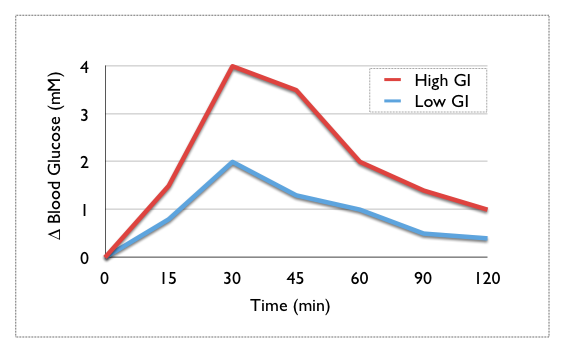Eat Natural Foods

Grilled BBQ Veggies
Dieting to lose weight should not mean depriving yourself of foods that taste good. In fact, eating healthier means you get to eat a lot of richer, better-tasting foods that just so happen to fight fat.
These are just some of those foods that can help you maintain your figure:
Almonds
Why they’re good for you: They contain a high amount of alpha-linolenic acid, which speeds up metabolism, and can cut down
BMI and weight by as much as 18 percent.
Berries
Why they're good for you: Fresh or frozen, these Vitamin C-packed fruits can improve the quality of your workouts and help you burn up to 30 percent more fat.
Cinnamon
Why it’s good for you: Just a 1/4 teaspoon of it on your breakfast can keep you from experiencing an insulin spike, which causes your body to store fat.
Mustard
Why it’s good for you: The turmeric in mustard slows the growth of fat tissues.
Oranges
Why they’re good for you: Citrus fruit contains flavones that fight fat.
Soybeans
Why they’re good for you: They are rich in choline, which stops fat absorption and breaks down fat deposits. (Those with breast cancer in their family history should check with their doctor first.)
Sweet potatoes
Why they’re good for you: They're high in fiber and keep the insulin in check.
Swiss cheese
Why it’s good for you: It has more calcium than most other cheeses, reduces fat-producing enzymes and increases further fat breakdown. Of course, the lower-fat version is healthier, too.
Weight Loss Nutrition
Dr Aron can provide you with more personalized dietary program, along with proper nutritional guidance to help you reach your healthy goal weight.
Cite Yahoo HealthLabels: appetite, cravings, diabetes, hunger, self-control, weight loss



